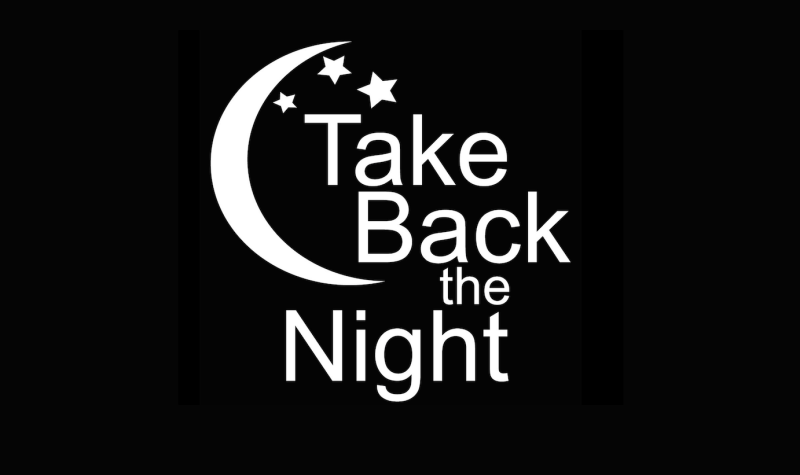The Sexual Assault Support Centre of Waterloo Region is hosting the 40th anniversary of the Take Back the Night event and march this Thursday September 21.
The event and march hopes to raise awareness of the threat of sexual violence and comes in the wake of the city of Kitchener and the Region of Waterloo declaring epidemics of intimate partner violence.
A few weeks ago, CKMS aired a show on Intimate Partner Violence and explained how this Region stands out in cross-Canada data as the least safe place for women to live in all of Canada.
From 2008 to 2019, the Waterloo Region sexual assault incidence rate has been higher than the provincial average, and that rate and numbers it represents continue to increase. This report from The Feminist Shift elaborates on those findings.
Statistics Canada reported that in 2018, just over one in five (22%) Kitchener–Cambridge–Waterloo residents aged 15 and older experienced unwanted sexual behaviour in public.
Many research studies have found that in the vast majority of sexual assaults, the accused is known to the victim. According to a report by the Department of Justice, only 20% were victimized by a stranger.
However, sexual assaults are considered significantly underreported to the police. Results from the 2019 General Social Survey on Victimization show that only 6% of sexual assault experienced by Canadians aged 15 and older were reported to the police.
It is commonly acknowledged that sexual assaults are seriously underreported, often committed by someone the victim knows, and that these assaults continue to increase. Contradicting these statistics were the conversations CKMS news had with locals on the street, who said they felt safe at night. Statistics on perception of safety are also available.
In 2020, the Statistics Canada Safe Cities Profile for Kitchener Cambridge Waterloo reported that 42% of women in the region felt very safe when walking alone after dark, while 63% of men felt very safe walking at night.
Over three quarters of Regional residents thought crime levels in their neighbourhood were lower than the rest of Canada, however the Crime Severity Index tell a different tale. The Crime Severity Index is defined by Stats Can as changes in the severity of police-reported crime by accounting for both the amount of crime and the relative seriousness of these crimes. So while three-quarters of Regional residents thought their communities had lower crime levels than the rest of the country, the Crime Severity Index for Waterloo Region in 2022 was higher than the national average and third highest in the province behind Thunder Bay and Sudbury.
There may be a discrepancy between our perceptions and reality, but respondents to our street survey noted increased lighting on the streets and trails, safer transit, and staying closer to built up areas all contribute to the perception of safety.
Take back the Night happens at the Gaukel Block from 6-9 on Thursday September 21.
Listen to today's show with Karley Doucette of the Sexual Assault Support Centre of Waterloo Region and hits the streets to ask people if they feel safe walking in their community at night.


